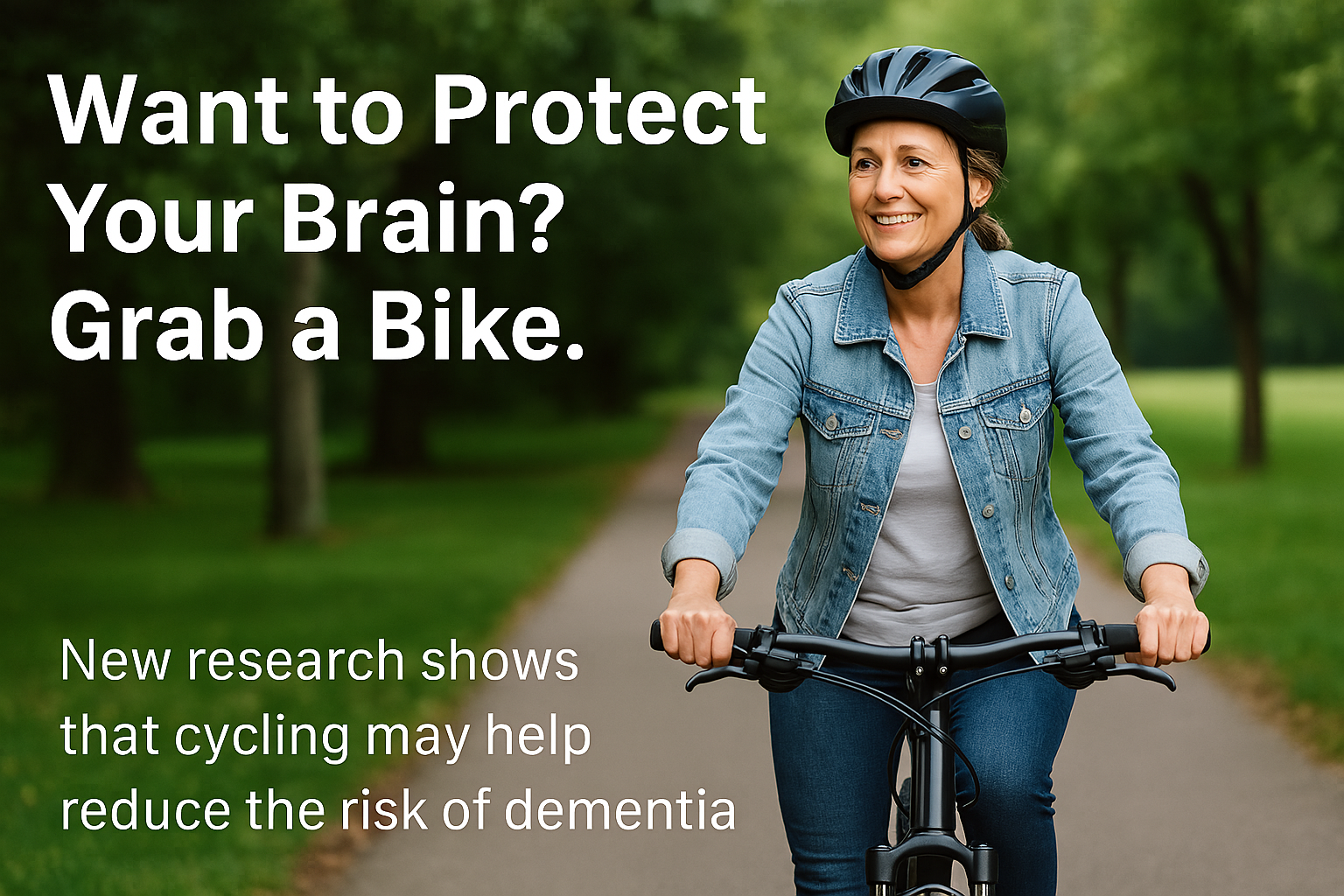
Making it Easier to Take Leqembi for Alzheimer’s
A drug for Alzheimer’s, called Leqembi, might soon be given less often. Right now, patients get it through a drip every two weeks. The idea is to change this to once a month.

A drug for Alzheimer’s, called Leqembi, might soon be given less often. Right now, patients get it through a drip every two weeks. The idea is to change this to once a month.

The unanimous 11-0 FDA vote clears an exciting path for this new Alzheimer’s drug.

South Korea joined other countries in approving LEQEMBI® (generic lecanemab) for mild cognitive impairment, mild and early Alzheimer’s. Learn how Leqembi is treating Alzheimer’s around the world.

In a span of 40 years, why did average brain size increase and dementia rates drop? A new UC-Davis study explores environmental factors behind this silent revolution.

“People with dementia living in nursing homes and in the community were prescribed less and we did not detect negative health impacts for these groups.”

LEQEMBI® is the newest Alzheimer’s drug. It is administered in hospitals via IV. Biogen applied to the FDA for approval of a home version using an “Autoinjector”. See how it works and learn its advantages.

The newest and most promising drug to fight Alzheimer’s is Leqembi. Carolyn Davis is giving it a try. Learn about the promise, the risks and how it has restored her hope,

Scheduled to begin on May 9, 2024, six new monthly sessions are now available in this free Continuing Education Program.

People with dementia may be even more vulnerable to fraud and scams than previously thought, according to an NIA study. See the story of one victim with a happy ending. Read the research.

Galantamine treats Alzheimer’s. Artificial intelligence and biosensors may pave the way to make this drug faster and cheaper.

“Sundowning” describes agitation and anxiety often felt towards the end of the day in dementia. See what it is and what you can do about it.

New research reveals that choosing a bike over a car might not just save gas—it could also help guard your brain against dementia, including Alzheimer’s. Here’s why cycling might be one of the smartest habits you can develop.

A new pineapple turmeric apple cider vinegar blend from Bragg is turning heads—not just for its flavor, but for its potential brain-boosting benefits. Could this tangy tonic play a role in Alzheimer’s prevention?

Three important dementia studies focus on HS-AGING, a type of dementia almost as common as Alzheimer’s in the 85+ group. Yet few people have heard of it. Why? What makes it different?

An intriguing study of 120 grandmothers might surprise you. Doctors know socially engaged people have better cognition and less dementia. But can a person get too much of a good thing? What’s the right balance?

Enjoy this great duet between a musician with dementia and his son. A triumph of spirit over Alzheimer’s! Sing-a-long if you like!

It looks like a sneeze cannot give anyone Alzheimer’s. While Alzheimer’s abnormal disease proteins do spread from cell-to-cell, they are not “infectious”. Check out the facts.
No spam, only news and updates.